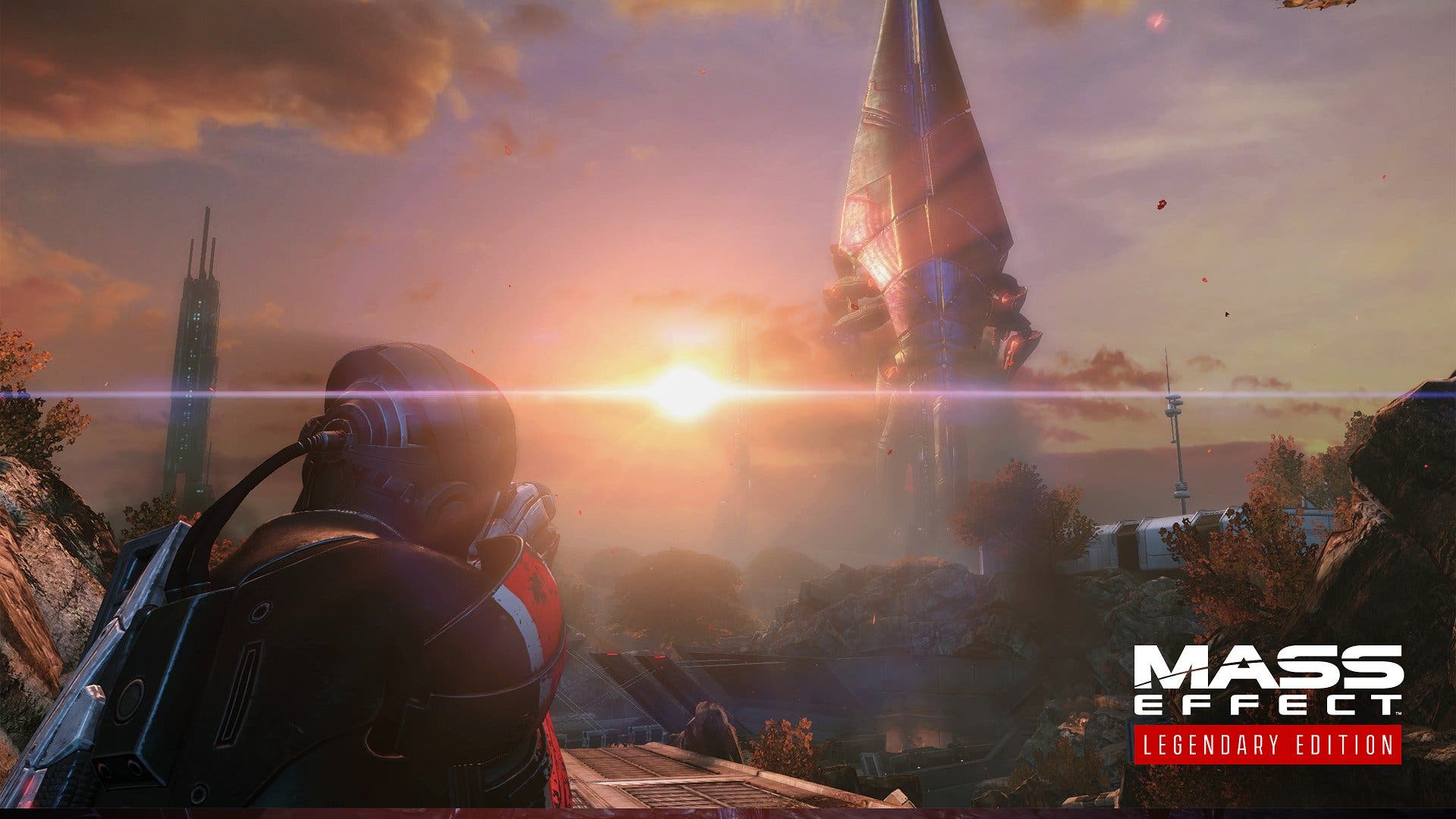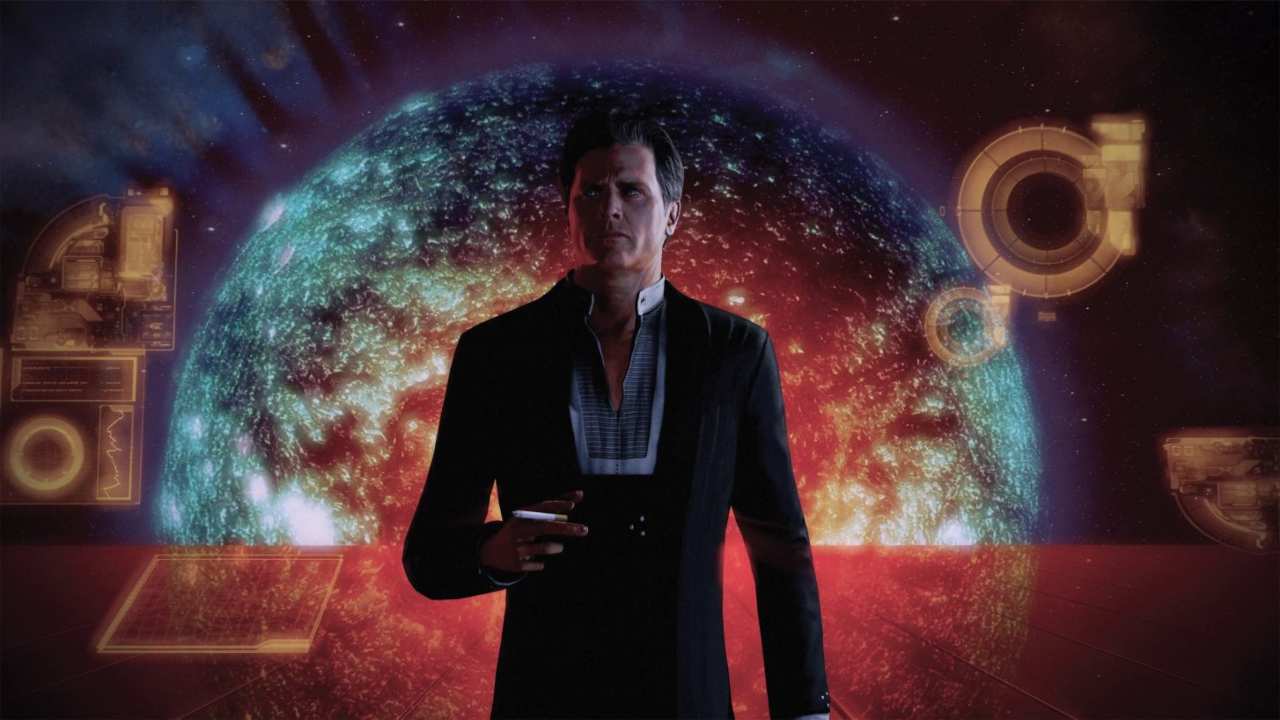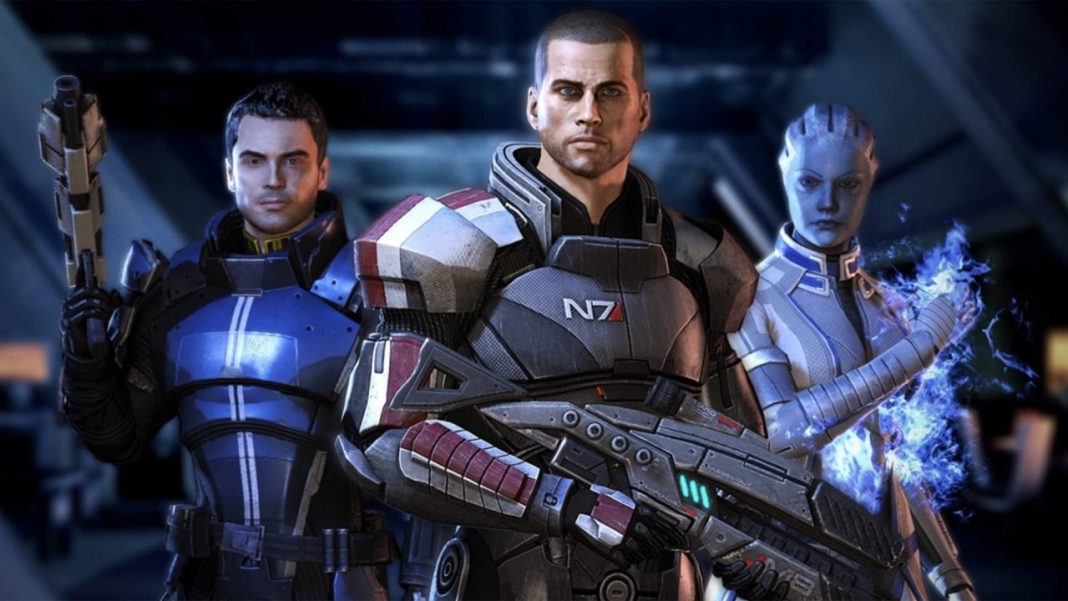
GAME REVIEW: Mass Effect: Legendary Edition
Although Mass Effect is one of my favorite RPG series of all time, I approached the Mass Effect: Legendary Edition with cautious optimism. To be fair, Bioware is one of the greatest designers of Western CRPGs of all time. They’ve made many of my favorite games, from the Baldur’s Gate series to Jade Empire to Knights of the Old Republic and Dragon Age: Origins. There’s no question that the Mass Effect series is the crown jewel of Bioware, featuring some of their finest storytelling and best characters as well as excellent third-person shooter mechanics. The second game is quite possibly their greatest game of all time, especially from a storytelling perspective. However, Bioware has not enjoyed that level of success in quite a few years, especially after the disappointments of Mass Effect: Andromeda (a flawed game that I enjoyed despite its issues) and Anthem. Although revisiting the original Mass Effect trilogy was a wise idea, the question remains whether it would remind players of its past greatness or continue Bioware’s recent woes.
While this is an impressions review after having played over 20 hours through the first game and several hours through each of the last two chapters, I am thus far extremely pleased with the Legendary Edition. This game is a remaster of the original Mass Effect trilogy, and it functionally maintains the core foundations of the first three games. The story is untouched, the characters are exactly the way I remember them, and the worldbuilding and location designs are just as intricate as they’ve always been. However, the games have not visually aged well after two generations of console upgrades, especially the original Mass Effect. The original game was graphically outdated, clunky, and flawed, redeemed mainly by the outstanding characters, worldbuilding, and writing of the series. The combat of the first game often handled poorly, and the driving sections in the Mako buggy could be frustrating in combat. The later games would improve these elements; combat would gradually improve with each entry, and even the driving elements would be much better with the Nomad in Andromeda. Mass Effect 3 also had some issues, including its controversial ending (which was left untouched by the remaster) and a galactic readiness stat that was influenced by the multiplayer mode (removed in the Legendary Edition). Mass Effect 2 needed the fewest changes, as that game was the must fundamentally sound, and most of its improvements are on the graphical and performance levels.

Mass Effect 1 is the game with the greatest amount of changes, and it is vastly improved by the remaster. To be honest, I struggled tremendously with the original version of the game, between its clunky combat, bad driving, and some of its more difficult encounters. The Legendary Edition makes Mass Effect feel like a completely different game with its improvements. The graphical improvements makes the different worlds and locations look visually arresting, especially planets like Eden Prime that didn’t look so good originally. The characters also look significantly better, with a deeper level of texture quality that makes them appear more realistic and lifelike. The shooting is much more satisfying, with better targeting and hit detection, and a more reasonable level of difficulty. Even tougher battles are now much more manageable while still giving a good level of challenge. The Mako driving is still a little clunky, but mostly handles much better than I remember, and the shooting in the Mako is more refined than it was originally. Driving into hazards like lava now gradually erodes health and shields, rather than giving an automatic game over as in the original, a . Even more difficult encounters in the Mako, such as against the deadly thresher maws, are now more fun hit-and-run battles rather than frustrating game-ending encounters. The result is a version of Mass Effect that is worthy of the later two games, and it is now worth experiencing to enjoy the full story of Commander Shepard.

The remaining games are generally improved, though not as dramatically as the original Mass Effect. Mass Effect 2 was always one of Bioware’s greatest games even before the remaster, and the Legendary Edition only enhances the features that were already there. There are some tweaks, and it includes an interactive comic that allows you to design your Shepard’s choices if you prefer to skip the first game (though I’m unsure why anyone would with its improvements). There are some camera changes to that game, but nothing too noticeable unless you’re looking for them. Mass Effect 3 feels generally like the original game did, though it looks even better than that game did. The combat feels more responsive than I remember, and the framerates are buttery smooth on the Xbox Series X. Some players may be disappointed with the lack of multiplayer, while others may appreciate that their Shepard’s ending is no longer bound to success in multiplayer matches. Instead, the game’s ending is bound to the player’s choices in game, which works better from a narrative perspective. In both cases, the graphics and gameplay are both brought up to next-gen standards, and both games are extremely playable.
That said, the Legendary Edition is not a perfect game even with all these improvements. Some of these are issues built into the original games, and the remaster does not address these problems. The bomb threat on Eden Prime, for instance, can still be frustrating if you don’t know where to look for the charges that Saren has planted. Though better, the driving on the Mako is still imperfect even with the improvements and doesn’t handle nearly as well as Andromeda’s Nomad. There are occasional glitches in the first game, such as one where the party freezes in place after dancing in the Flux casino. There are also some odd encounters, such as one where a privateer group with Alliance heavy turrets can target the Mako even when it should be well out of attack range. The third game also does not address the ending’s narrative issues, as the remaster team preferred to maintain the vision of the original design team. In some cases, the game will simply be a better-looking version of the previous games, warts and all. However, as the original trilogy is still a masterpiece despite its problems, these blemishes are easily forgivable, especially with the impressive level of improvements to the graphics, combat, and performance.

Mass Effect: Legendary Edition represents an important success for Bioware, and one I am pleased to see after all these years. This is a game that took three already outstanding games and made them even better, more playable, more polished, and more reflective of current gaming standards. It has been a pleasure to experience these games again and revisit Commander Shepard and the crew of the Normandy, and this remaster has offered a good reason to return to these amazing characters. The Legendary Edition offers what is presently the best way to play these games. If you’ve never played the Mass Effect trilogy, then the Legendary Edition offers the best experience possible to begin the series. If you have played it before, then you’ll get a much improved version of a beloved classic. In either case, Mass Effect: Legendary Edition is the best remaster on the Citadel and a must-buy for fans of the series.
Score: 4.5/5
Platform: Xbox Series X
Publisher: Bioware/Electronic Arts
Author Profile
- Steve Sellers had been a fan of superheroes ever since Superman: The Movie. But it took the JSA, the Legion of Super-Heroes, Dragonlance, Lord of the Rings, Twilight Zone, and Chris Claremont's legendary run on the X-Men to make him a writer and a longtime fan of comics, fantasy, and science fiction. Steve is the co-creator of WHITE DRUID & MICHAEL NERO and GUARDIANS OF ELAYIM for Omen Comics, and he is also the creator of BLITZ and SHOCKWAVE for Revelation Comics (an imprint of Omen Comics).










